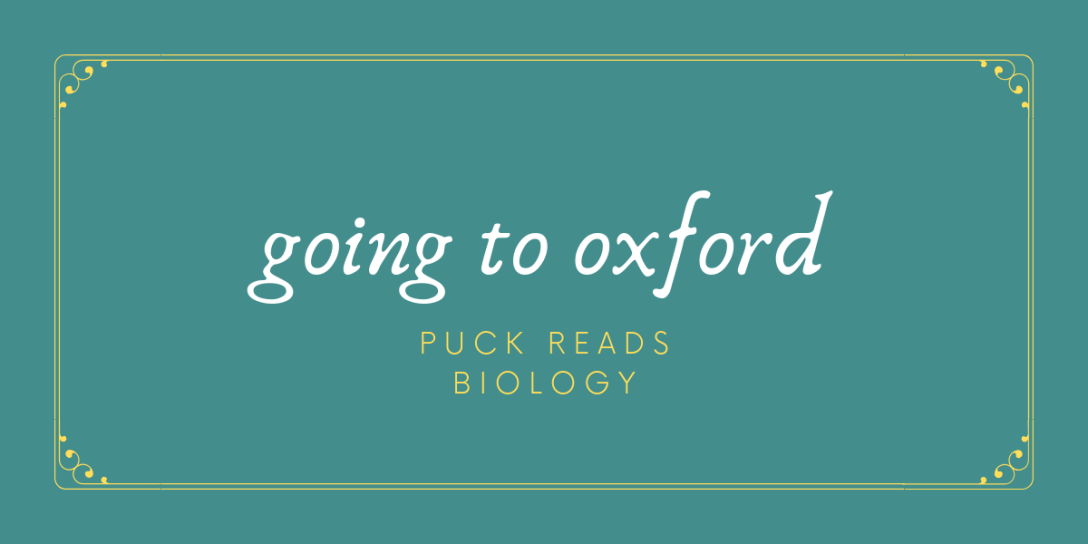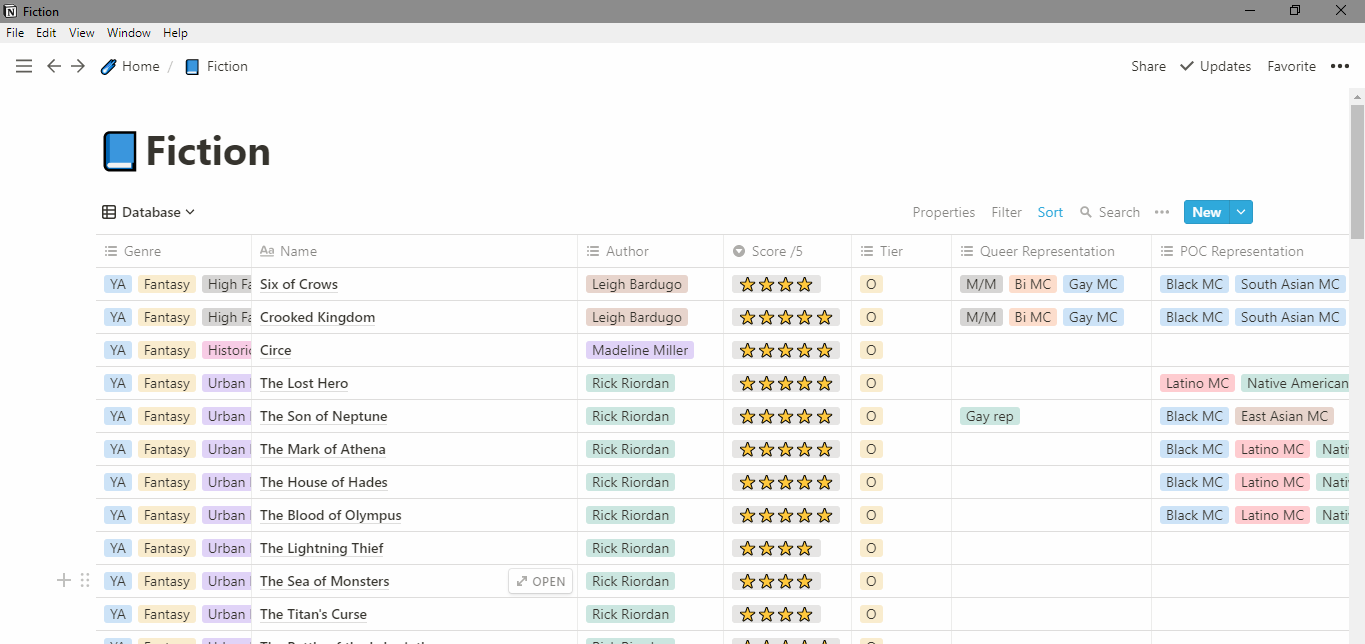A couple of years ago, I came across a Ted talk on the role of grit — the determination and ability to overcome stressful situations — in one’s life. According to the speaker, Angela Duckworth, grit is the single biggest predictor of success. A person with grit has stamina, passion, and perseverance, and will keep going no matter how often they get knocked down — and they end up succeeding more because of it.
This is something that has been proven and recognized again and again in real life — and in fiction as well. YA Fantasy especially is a genre full of characters that share one thing in common: an unwillingness to give up. The stressors and settings change, but at the core of each of their reactions to stress is the same relentless grit. Whether they be in a high fantasy realm or in our own world, dealing with external forces or internal problems, YA Fantasy protagonists just don’t quit — and often, it’s them not quitting that leads to the happy ending.
Take Harry Potter, for example. Harry grew up in an abusive household, was exposed to severe emotional trauma at multiple points in the series, and at many times was caught in a situation where it would have been easier for him to just give in, yet he never did. All seven books featured massive displays not only of his courage and prowess, but his resilience, and this is what ultimately kept him — and most of the Wizarding world — alive. (Seriously, it’s incredible. Some of the things he went through would have killed a lesser person. Got his arm turned into rubber? No biggie. Had three father-figures die right in front of him? Life goes on. Some of y’all don’t appreciate how metal this guy is.) It’s the exact same thing for Percy Jackson, Feyre Archeron, and just about any protagonist or main character that you can name.
It’s even more apparent in characters like Kaz and Inej, Katniss Everdeen, and Jude Duarte. Unlike many other SFF protagonists, they are fully human, with no magic powers or supernatural abilities, and yet like all other SFF protagonists, they have to deal with forces that are much larger than themselves. Precisely because they are human, they have to come up with creative and inventive solutions that push the limits of their abilities, and it’s because of this that they succeed. In this regard, they are arguably even more inspirational than their peers.
It’s for this reason that I think reading books, and in particular YA Fantasy, is one of the single most valuable things that anyone can do for themselves. When you surround yourself with examples of “gritty” people, whether they are real or not, you are passively learning the lessons that other people may have to learn from tough life experiences, or from a Ted talk. Eventually, you soak up their attitudes, their personalities, and the very thing that makes them special.
Admittedly, nothing can replace real experiential learning or the wisdom that comes with age, and reading books alone will not allow you to weather every situation you’re in — but with each new read, you grow just a little faster, just a little wiser, and that is value that no one can take from you.
Do you know a character with grit, perhaps in genres other than YA Fantasy?
Ttfn!
— Puck






